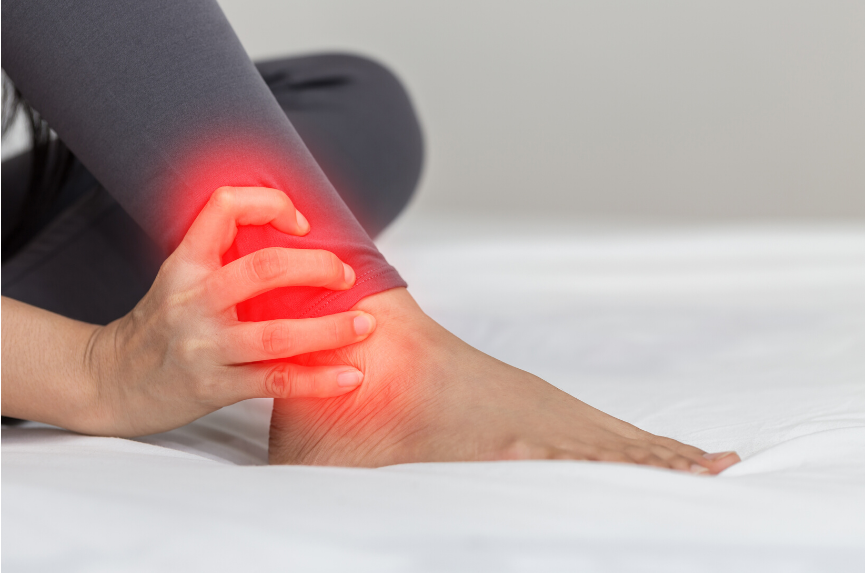Rotator Cuff Injuries
- Christopher Nour

- Jul 30, 2021
- 2 min read

What is a rotator cuff tear?
A rotator cuff tear is a tear of one or more muscles that are responsible for movement of the shoulder. Muscle tears occur as a result of two mechanisms.
Repetitive micro-trauma over a number of years (wear and tear)
Large loads/ trauma (example: a skiing accident)
The most common rotator cuff tear we see in the clinic is the 1st kind. Generally years of constant repetition that lead to several microtears within the muscle/tendon.
Just imagine, how many times have you washed the dished, shampooed your hair, carried shopping from the car. This microscopic tears accumulate over several years resulting in at times a partial or full tear of the muscle.
What are the Symptoms of a Rotator Cuff Tear?
Rotator cuff tears can be a partial or full thickness tear. This basically refers to how large the tear is. With full thickness tears, pain is generally more severe and weaknesses in lifting the arm and moving the elbow away from the body are more profound.
Partial rotator cuff tears may only present as mild shoulder pain with mild weakness particularly when lifting the arm above shoulder height or reaching behind your back.
Most patients with any form of rotator cuff tear struggle to sleep due to the consitent pain.
How is a rotator cuff tear diagnosed?
A sports physiotherapist may suspect a rotator cuff tear based on the subjective examination and after a thorough physical examination by placing the shoulder under various tests.
A diagnostic ultrasound scan is a reliable method to diagnose the size and location of your rotator cuff tear.
How are rotator cuff injuries' treated?
Small/ Medium sized rotator cuff tears usually heal successfully with conservative physiotherapy treatment. Physiotherapy is the first treatment method suggested by most doctors and orthopedic shoulder surgeons.
If pain persists and your symptoms have failed to settle or your have developed a shoulder bursitis, a cortisone injection might be recommended. These injections may improve your pain whilst sleeping and allow you to progress with your rehabilitation exercises.
More severe rotator cuff tears may require rotator cuff surgery, if physiotherapy treatment fails. Complete rotator cuff tears usually require surgery promptly to avoid the muscle/tendon retracting from each other making the repair less successful. .
What is clear is that early physiotherapy intervention is essential. A delay in treatment can result in the tear becoming worse or the development of shoulder bursitis.
Research has concluded that there are mostly seven stages that need to be covered to rehabilitate rotator cuff tears and prevent recurrence effectively.
These are:
Early Injury Protection: Pain Relief & Anti-inflammatory Tips
Regain Full Shoulder Range of Motion
Restore Scapular Control
Restore Normal Neck-Scapulo-Thoracic-Shoulder Function
Restore Rotator Cuff Strength
Restore High Speed, Power, Proprioception & Agility
Return to Sport or Work
Your physiotherapist will discuss your goals, time frames and training schedules with you to optimise you for a complete return to sport or work.



Comments